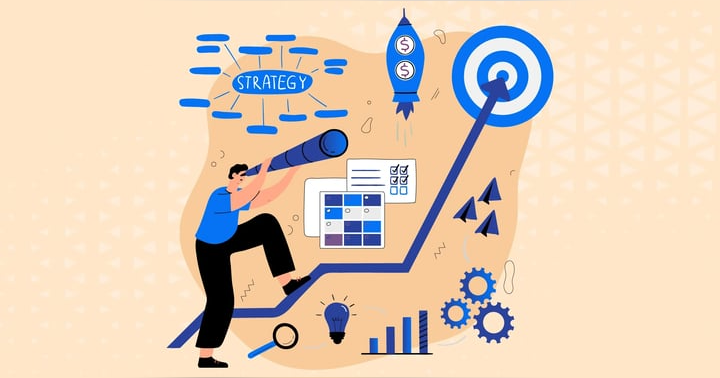S1E6 - Natalia Baryshnikova, GM Enterprise Agility, Atlassian - How to Optimize the Resume

Natalia Baryshnikova is GM of Enterprise Agility at Atlassian. Prior to that she was Head of Products at SmartRecruiters. In this episode, Natalia shares highly useful insights from her career journey. We dive into topics such as resume best practices, cover letters, career growth, hiring, and driving alignment.
Key Highlights:
- How to network during the job search
- Cover letters can be a game changer
- Mistakes hiring managers should avoid
- Optimizing resume for human consumption
- Extracting signal from noise in a resume
- Assessing candidates for Potential
- What Natalia looks for when hiring PMs: HACK
- Positioning yourself for internal promotions
- Enterprise Agility vis-a-vis Company Architecture
- Atlassian Value: Open Company, No Bullshit
- Leaders, can you get shit done but also be fun to work with?
Connect with Natalia Baryshnikova:
https://www.linkedin.com/in/baryshnikova/
Referenced in this episode:
- Physics for Entertainment by Yakov Perelman (book)
- Where Is My Flying Car? by J. Storrs Hall (book)
- Jerome Ternynck Founder & CEO SmartRecruiters (profile)
- Dominic Price Work Futurist at Atlassian (profile)






